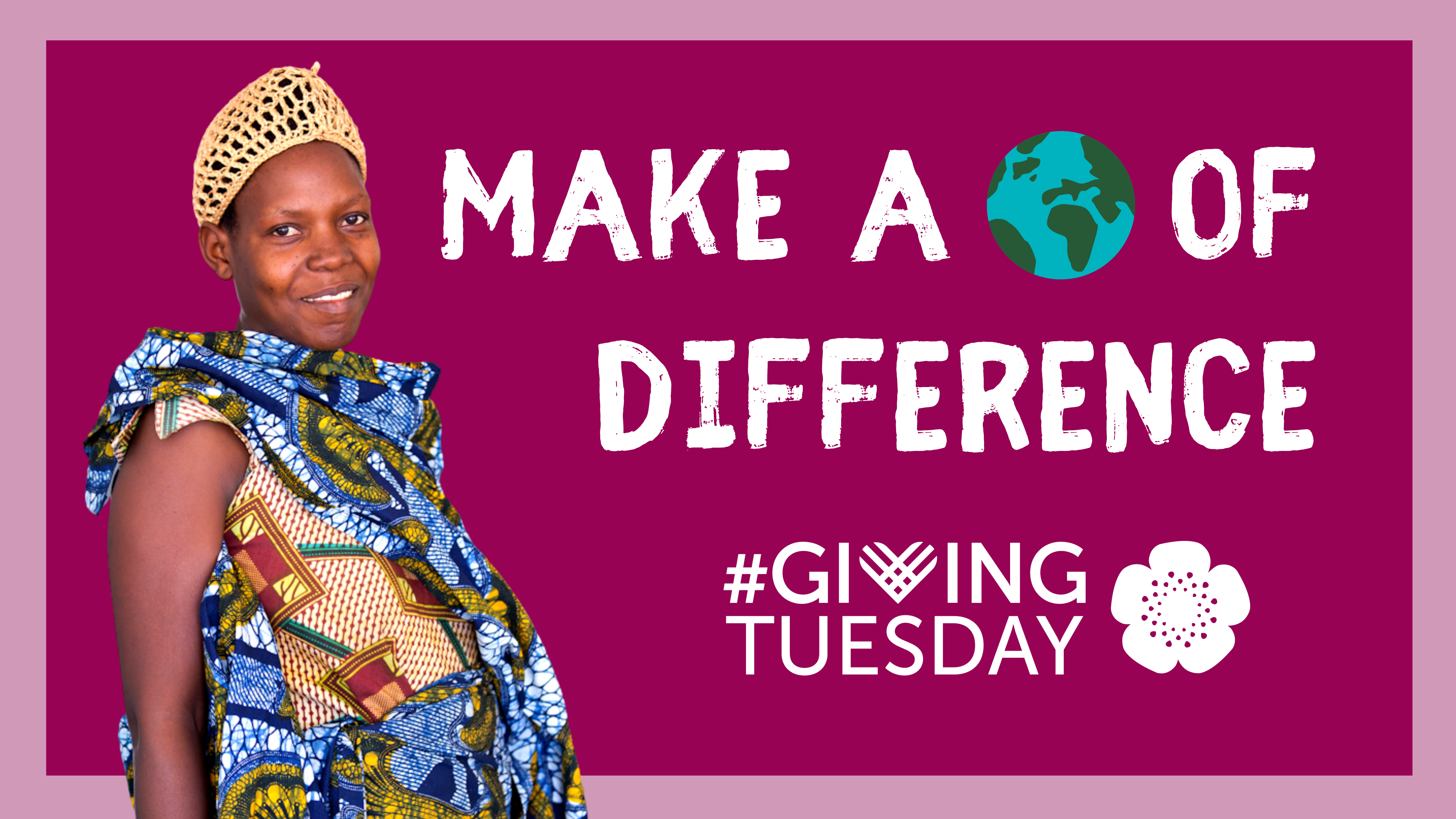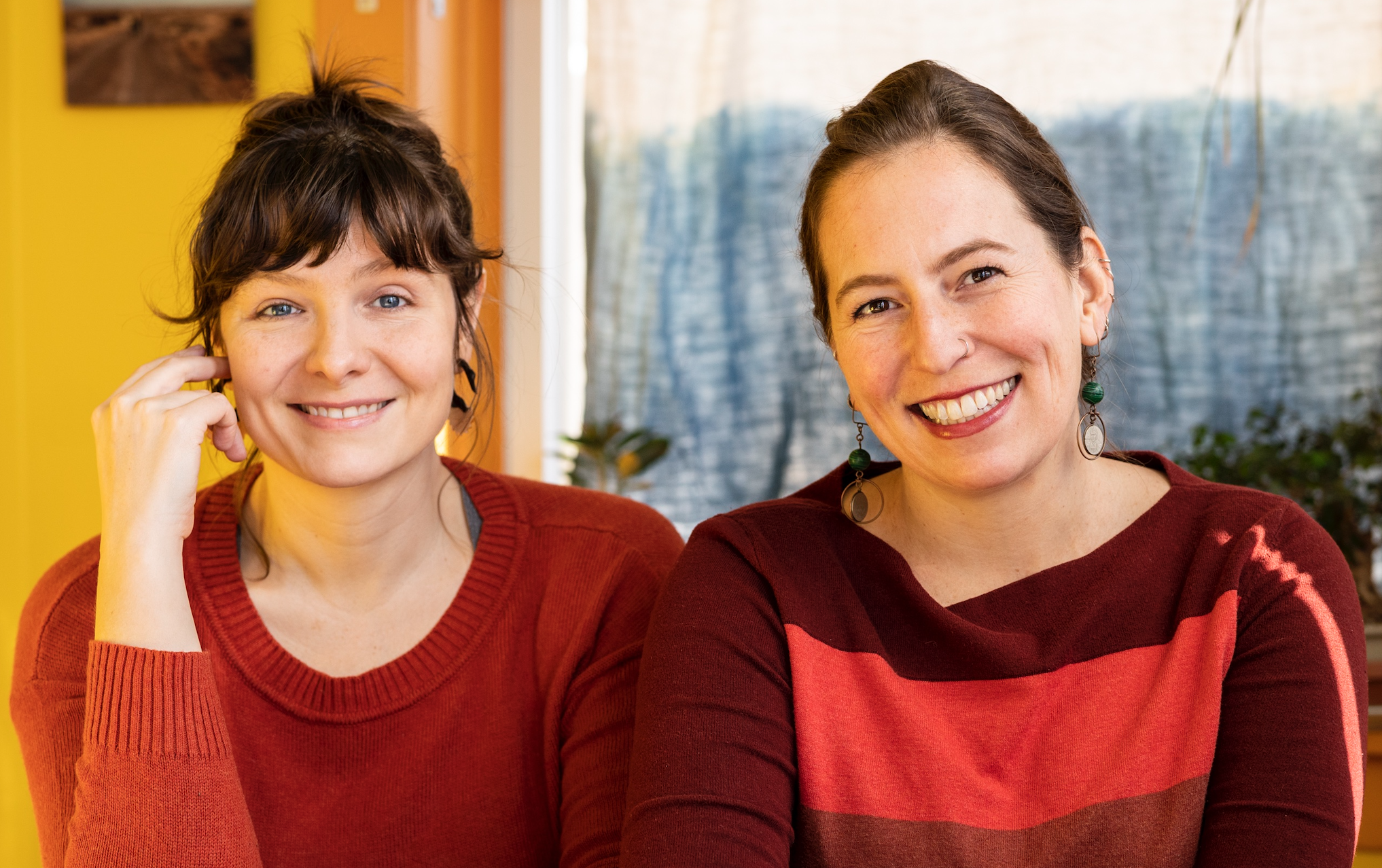
When Roe v Wade was overturned on June 24, 2022 through the Dobbs v Jackson Supreme Court decision, there was an immediate change that occurred across the United States. And we don’t just mean changes in policy. It awoke a sleeping giant, the 7 in 10 Americans who supported Roe (which includes conservatives and Republicans), to a reality that having less rights over our bodies was not an option.
While the landscape continues to evolve depending on which party is in power in which state, as we start to hear more and more horrific news reports about women experiencing miscarriages suffering because their state does not allow doctors to perform lifesaving procedures, it has never been more clear that our rights cannot be defined or won by 9 Supreme Court justices.
As women rise to power in numerous industries, equity and health justice is not just in the hands of men anymore. Although male-lead companies still occupy the majority of investment funds and male-lead companies still receive the lion’s share of financing, there are female-founded companies creating some radical change that is going to impact the lives of everyday women and girls.
One of these firms is RH Capital, founded by a diverse team of 4 women who just raised over $40M to tackle reproductive and maternal health equity. RH Capital invests in early-stage startups focusing on women’s health, with a specific focus on reproductive and maternal health equity. Their portfolio companies are across the healthcare spectrum, from biotech and medical devices to digital health and services, with a particular focus on underserved and marginalized populations (Medicaid, BIPOC, rural, etc.) to significantly reduce health disparities in those communities.
When Roe v Wade was overturned, RH Capital saw a spike in interest, which gives us a sense of how power can be shifted into the hands of organizations positioned to make moves where politics or the judicial branch fails us. Given the urgency of this issue, we had the chance to speak with Stasia Obremskey, one of the Managing Directors of RH Capital, to learn more about their investments, why reproductive and maternal health is important to her, and how startups can pitch them with an idea.

Tell us about RH Capital! How did you and your team of founders come together and decide to create an investment company focused on reproductive and maternal health equity?
In 2017, a group of investors sponsored some foundational market research to understand all the gaps in the market for women’s reproductive health. Philanthropy was trying to fill many of these gaps, but the field, and in particular, some of these investors, realized that more and different types of capital and techniques would be required to improve outcomes for reproductive and maternal health for women in the US.
The report also pointed out that marginalized communities of women had higher rates of unintended pregnancy, abortions and poorer maternal health outcomes. Rhia Ventures and RH Capital were incubated by the Tara Health Foundation as an outgrowth of this initial work that identified many areas of unmet need and the different types of capital needed to address the gaps. Specifically, RH Capital was founded as an impact venture fund to spur innovation in women’s reproductive health with a focus on contraception technology and access and maternal health innovations.
Can you tell us a bit about your background, and that of your co-founders?
My career has included stints in the private and public health sector including seven years living in Asia. I have been an investor and philanthropist in the reproductive health field for many years, believing that the two most important things you can do for the world are to educate women and give them the tools to manage their fertility. Before joining RH Capital, I worked as an interim CFO for various startup companies often working with executive teams on their Seed or Series A rounds. When I met Ruth Shaber, the President of the Tara Health Foundation, who was incubating Rhia, I was excited to combine my passion for reproductive health with my professional skills and joined the effort.
Elizabeth Bailey has a more traditional venture background having spent 10 years managing the health and education portfolio at Common’s Capital, one of the first socially responsible impact funds in the early 2000s. She left venture to work for a tech transfer team at Mass General focused on supporting innovations in maternal health in LMIC markets, predominantly Uganda and India. After five years in the global health arena she went on a learning journey to see what was going on in the women’s health space back in the US. We joined efforts in early 2018 and have been working together to build RH Capital.
In the VC world, we still see so little money being invested in female founders overall, and even less for women of color. Why do you think this is, and what is going to help change it?
Have you ever looked at the demographics of venture partners who decide who gets funded and who doesn’t? Only 12.4% of decision makers in venture are women and women of color have little to no representation as capital allocators. While this doesn’t explain all the reasons why female founders and, in particular, women of color founders do not get funding, it is a significant contributing factor.
Once institutional investors mandate that General Partners must reflect the demographic make-up of the general population, then you will see a movement at VC firms to bring in more diversified talent. Without that pressure from investors, the VC firms will continue to be bastions of male whiteness. The change will need to come from external sources as the “old boys” network is very well entrenched.
There’s this pervasive social attitude about certain issues being “women’s issues”, which can also subconsciously mean “not as important”. How does RH capital work to change this through your funding, and raising awareness?
Most investors are interested in finding investment opportunities with areas of unmet need. When we’re evaluating opportunities in women’s health, we look for large markets with high growth potential. Women’s health has been de-prioritized because women’s voices were not in decision making positions around the table when resources were being allocated. This is changing but it takes a long time and this shift needs to be seen across the spectrum to see real change – politicians, scientists, bio/pharma executives, investors, etc.
What are some of the startups you have funded so far that we should we know about right now?
From the start, our focus at RH Capital has been on investing in new contraceptive products, increasing access to all existing products and improving maternal health outcomes. These priorities become even more urgent and important in a post-Roe America. Our current portfolio includes companies working on new non-hormonal products for men and women (YourChoice Therapeutics, Contraline, OCON Healthcare, Eli Health, Cirqle), companies working to expand access (Nurx acquired by Thirty Madison) and companies working on improving maternal health outcomes (Raydiant, Bloomlife, Mae, Cayaba Care).
RH Capital has a focus on BIPOC and marginalized communities. Why is this important to you?
We know that BIPOC and marginalized communities experience worse health outcomes due to many reasons including decades of systemic racism. We aspire to have our investments close health gaps in the US by making products and services more accessible and affordable to patients. We believe that we can accomplish both our mission and money goals by finding entrepreneurs and companies that share our desire to address long-standing inequities.
Can you give us an overview of the healthcare access disparities that currently exist in the US, and how companies like RH are able to step in that gap to fill a need?
The US has a history of controlling and denying bodily autonomy to women of color. This harmful history has resulted in distrust and suspicion by Black women with respect to the healthcare system. Systemic bias and harmful narratives of Black women contribute to significantly higher maternal mortality rates (3-4 times higher than white women) and higher unintended pregnancy rates.
RH Capital is an impact-first fund, which means we screen a company for impact as defined as increasing access, transforming care, decreasing cost and eliminating gender and racial bias. We are looking for solutions to meet the needs of all women realizing that certain groups of women have been neglected and/or abused by the system and deserve more attention.
How did the Dobbs decision, overturning Roe v Wade, impact the work of RH Capital?
After the Dobbs decision, we saw an increased interest by investors in our fund. Our focus on prevention and improving maternal health outcomes became even more important and investors were looking for more ways to deploy capital to address the reproductive health needs of women in the US. We extended the close of our fund from the end of June to the end of October and raised almost $10 million, ~25% of the fund in the last four months.
For a big picture view, can you share some thoughts on how society at large is impacted when all women are given access to reproductive and maternal health, and are afforded bodily autonomy in their decisions?
Healthy women making informed choices about their reproductive lives results in healthy children, healthy families, healthy communities, and a healthy planet. It’s been shown over and over that when women have access to needed reproductive services they complete their education, join the workforce, time pregnancies to optimize family size and spacing.
If there are so many positive reasons for giving women bodily autonomy why is it such a struggle? It is really about power and control over women and shifting that dynamic from men to women.
For startups that want to reach out with a pitch or talk about something they believe is worth RH Capital investing in, where should they go?
Please go to the RH Capital webpage and complete the Pitch Us form.
Are you following our fund @RH_CapitalVC? Through investing in early-stage high-impact women’s health companies, RH Capital seeks to drive innovation, access, and equity in women’s health. #womenshealth #invest #womenempoweringwomen #femtech pic.twitter.com/rfxIPeCIuk
— Rhia Ventures (@RhiaVentures) July 27, 2022
















